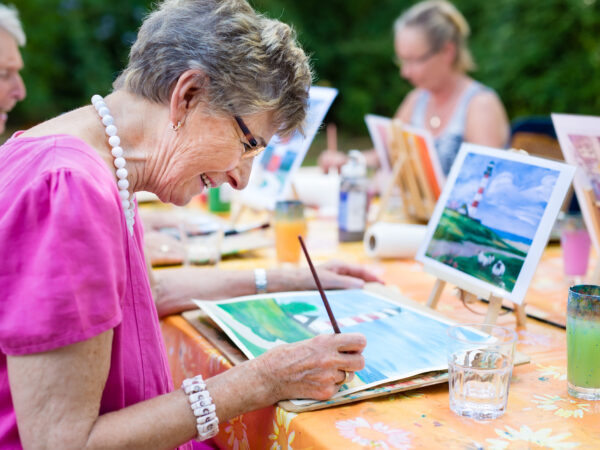As our parents grow old and are no longer able to safely live alone, the discussion about moving into assisted living often begins and fears may surface seniors have about giving up their independence. One fear older adults and caregivers may have not considered is the growing problem of peer bullying among seniors living in close quarters.
Just like back in high school, bullies are making life miserable for many older adults who are trying to participate in group activities or simply go about their own business. Whether the aggressive behavior by some seniors is a reaction to a recent loss of independence or a familiar personality trait, bullying among older adults is common in group settings. According to a recent Global News report, more seniors centers are offering training to staff, residents and community members, teaching them how to deal with older bullies.
Studies have shown that about 1 in 5 seniors will be faced with some type of bullying. Whether it’s being excluded from playing cards, being the subject of gossip or more aggressive behavior, seniors moving into assisted living are worried they won’t be welcomed by their new peers or worse, that they will be in physical danger. According to a pamphlet distributed by the National Center for Assisted Living, Bullying Among Seniors, risk factors for being the victim of a bully include being new to the community, alone, heavily dependent on others, having a quiet demeanor or suffering from depression or mental illness.
Bullies tend to lack empathy, have few friends, crave power and control, may have low self-esteem and gain empowerment by making others feel threatened or by causing conflict. Seniors in the LGBQT community often feel bullied by fellow residents in assisted living who are intolerant of differences.
Bullying can be prevented in retirement and nursing homes if the administration clearly sets out codes of conduct for staff and resident behavior, provides training and implements a system to address complaints of bullying. Creating a positive environment where new residents are welcomed and empathy and caring are celebrated can also help residents feel more safe. Seniors who experience continued bullying should always seek the help of the administration in assisted living; some aggressive behavior may be the result of dementia or prescription medication side effects. Keep in mind that older adults will sometimes have a bad day dealing with health problems, chronic pain or loneliness that causes them to be cranky or act out. But living a persistently hostile environment is not acceptable.
Tips to Handle Bullies
- Ignore the individual – don’t allow them to gain power
- Share your opinion but without aggression, don’t provoke
- Maintain eye contact
- Try to understand possible insecurities of the individual
- Have a family member join resident for a meal or activity to observe bullying behavior
- Seek help from the administration if behavior continues
Source: Pennsylvania Behavioral Health and Aging Coalition






Add Your Voice
0 Comments
Join the Discussion